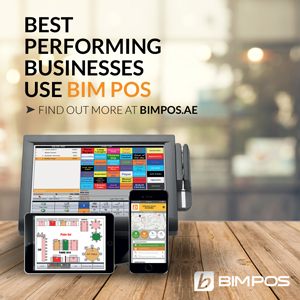Picture is for illustrative purposes only
Image Credit: Supplied
This vibrant city of Dubai is home to the second highest number of restaurants as percentage of population – second only to Paris, according to KPMG. Last year alone over 1100 new F&B outlets opened their doors in this city and this number is only going to grow with the onset of Expo 2020. On the back of this positive growth trend in our industry – with this article, I’d like to give our readers an insight and guidance on managing the cost of food in the business. There is no standard, one-size-fits-all formula, but these are some basic guidelines to help you navigate better.
Create standard recipes
Standard recipes are the best way to know your food cost. It helps understand what is the cost price of each dish. This is a very important tool as it helps in the pricing structure of the entire outlet. This is a time-consuming exercise but an essential process in any outlet. Make sure that you know the price of each ingredient and who your trusted suppliers are. Market research gives you the opportunity to identify current trends in the industry – what’s hot, what’s not. Creating standard recipes gives you an overall idea of the potential cost of the outlet.
Understand the variance between potential cost and actual cost
The actual cost of an outlet is the sum of all the food purchases. There is normally a variance between the actual cost and potential cost and this should not exceed 1%. If a variance exists then keep an eye out for inaccuracies in the operation during service. Proper training and educating the chefs in the importance of certain systems will help keep the variance at a minimum.
Educate the team and hire right
Controlling costs is the ownership of everyone in the kitchen and not only that of head chefs and restaurant managers. Educating each and every member of the staff, including the stewards, would reflect on your food cost. Mundane tasks like receiving are left to the junior-most member of the team. These individuals should be properly trained to do due diligence checks like, LPO (legal process outsourcing) forms, quantities and quality of produce. Do not compromise on the quality of human resources in your organization.
Waste and yield management
Proper butchery and smart management of yields contribute to control butchery. Unnecessary wastage leads to higher food cost, while smart utilization of excessive trimmings and off cuts drastically helps to reduce food cost. Use cuts of meat and vegetables which do not lead to too much wastage.
Inventory management
Inventory control and management play a crucial role. Do not let your inventory pile up. You will have to know your business and order according to peak periods. Stocking up of perishable items will lead to waste and an increase in cost. Dry stores tend to expire if they are stocked and stored. Thawing and deep freezing constantly will lead to a shorter shelf life and will affect the quality of the final product. Invest in a professional inventory management individual.
Portion control
Ensure the kitchen portions each and every item. Create standards so that every associate follows the same process. This will help in consistency of product which will lead to repeat customers and will also help to control the bottom line. Use measuring spoons, scales and appropriate bowls for the right pre-preparation.
Don’t compromise on quality Controlling costs in no way means compromising on quality of food served. Be smart, be adaptable, know what is available in the market around you and build healthy and professional relationships with suppliers. Find alternate suppliers who can supply similar ingredients at competitive prices.
















